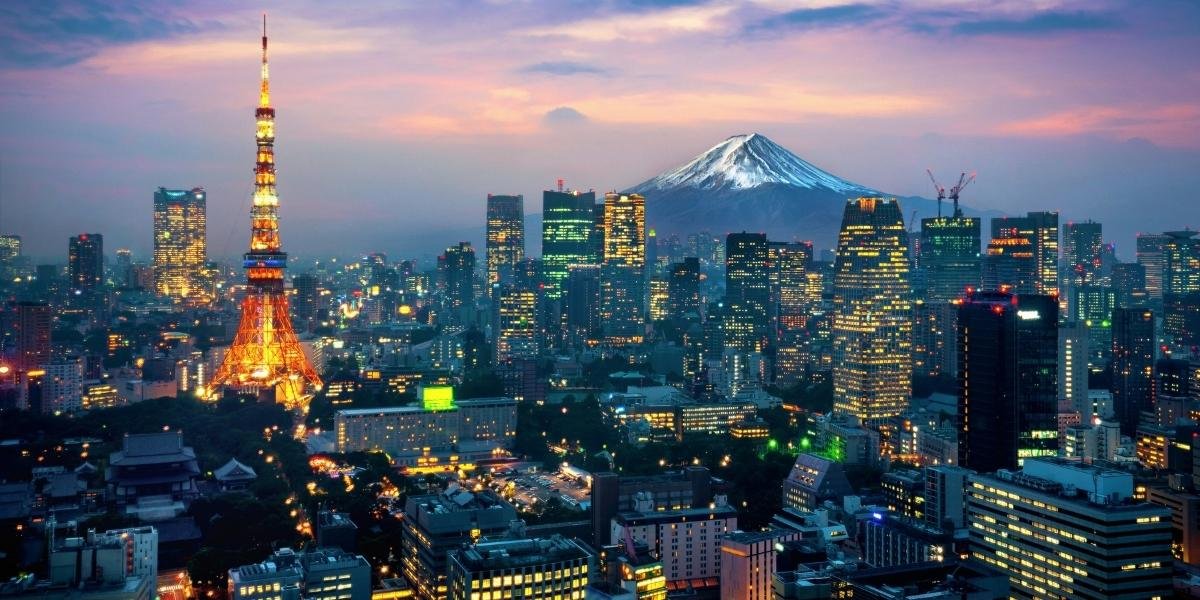Belgium: A Tapestry of History, Culture, and Culinary Delights
Belgium, often overlooked in favor of its larger European neighbors, offers a rich and complex tapestry woven from centuries of history, diverse cultures, and a world-renowned culinary heritage. This small country, located at the crossroads of Europe, has played an outsized role in shaping the continent’s political and cultural landscape. Exploring Belgium reveals a vibrant blend of traditions, languages, and flavors that captivate locals and visitors alike.
Belgium’s history is marked by conquests, alliances, and transformations. From Roman times to medieval duchies, the region has been a contested territory with shifting borders. The country’s strategic location made it a focal point for powers like the Spanish, French, and Austrians, each leaving distinct marks on its culture and governance. The 19th century saw Belgium emerge as an independent nation, carving a unique identity amid larger neighbors. Its capital, Brussels, became a hub for diplomacy and international politics, hosting institutions like the European Union and NATO. This political significance continues to shape Belgium’s role on the global stage.
Read Also: Why Europeans Love Football: A Deep Dive into Cultural and Historical Passion
Belgium is a mosaic of linguistic and cultural communities. The country is divided primarily into Flanders in the north, where Dutch is spoken; Wallonia in the south, where French dominates; and a small German-speaking community in the east. This division reflects centuries of historical development and continues to influence political and social dynamics. Each region has its own traditions, festivals, and artistic expressions. Flemish art, with masters like Peter Paul Rubens, contrasts with the French-influenced cultural life of Wallonia. Brussels stands as a cosmopolitan center where these cultures converge, creating a unique blend of influences visible in architecture, music, and daily life.
What Are Belgium’s Most Celebrated Culinary Treasures?
Belgium’s cuisine is one of its proudest exports, famous for quality and variety. Beyond the iconic Belgian chocolate, which combines craftsmanship with tradition, the country boasts rich beer-making heritage. Belgian breweries produce thousands of beer varieties, many protected by geographical indication. Waffles, another beloved specialty, come in different regional styles, from the light Brussels waffle to the denser Liège version. Belgian fries, typically twice-fried for crispness, are served with a variety of sauces, including the famous mayonnaise. The country’s culinary scene balances hearty comfort foods with innovative gastronomy, reflecting its cultural diversity.
Art and architecture in Belgium reflect its layered history. Medieval towns like Bruges and Ghent offer well-preserved Gothic buildings and canals that transport visitors back in time. The country also embraces Art Nouveau, visible in Brussels’ elegant townhouses designed by architects like Victor Horta. Museums and galleries celebrate Belgian contributions to art, from the surrealism of René Magritte to contemporary design. Festivals and cultural events honor these traditions, ensuring that heritage remains a living part of national identity.
What Role Does Belgium Play in European Politics and Diplomacy?
Belgium’s position as host to the European Union’s headquarters gives it a unique diplomatic role. Brussels is often called the “capital of Europe” for this reason. The country fosters dialogue among member states and plays a central role in shaping policies affecting millions. This political prominence coexists with Belgium’s internal complexity, as regional governments exercise considerable autonomy. Managing these layers requires careful balancing, reflecting the country’s historical and cultural richness.
Belgians celebrate their history and culture through vibrant festivals. The Carnival of Binche, recognized by UNESCO, features elaborate costumes and traditional rituals dating back centuries. Other events showcase music, folklore, and regional pride. These celebrations strengthen community bonds and offer visitors a window into Belgian identity. They demonstrate how history and modernity intertwine in daily life, keeping traditions alive amid contemporary change.
Read Also: Exploring Different Cultures Around the Globe
Why Is Belgium a Destination for Cultural and Culinary Exploration?
Visitors to Belgium experience a rare combination of historical depth and lively modern culture. The country’s compact size allows easy travel between medieval towns, cosmopolitan cities, and scenic countryside. Each area offers distinctive experiences, whether wandering cobbled streets, tasting artisanal chocolates, or attending a jazz festival. Belgium’s open embrace of diversity—linguistic, artistic, and culinary—invites exploration. It rewards curiosity with moments of discovery, from a quiet canal-side café to a bustling market filled with local delicacies.
Belgium’s future lies in balancing preservation with innovation. Cultural institutions invest in protecting historic sites while promoting contemporary arts. Culinary artisans blend tradition with new techniques, responding to global trends while honoring local roots. As Belgium continues to engage with the world, its layered identity remains a source of strength and fascination. It serves as a reminder that history, culture, and cuisine are not static but evolving stories shaped by people and place.








